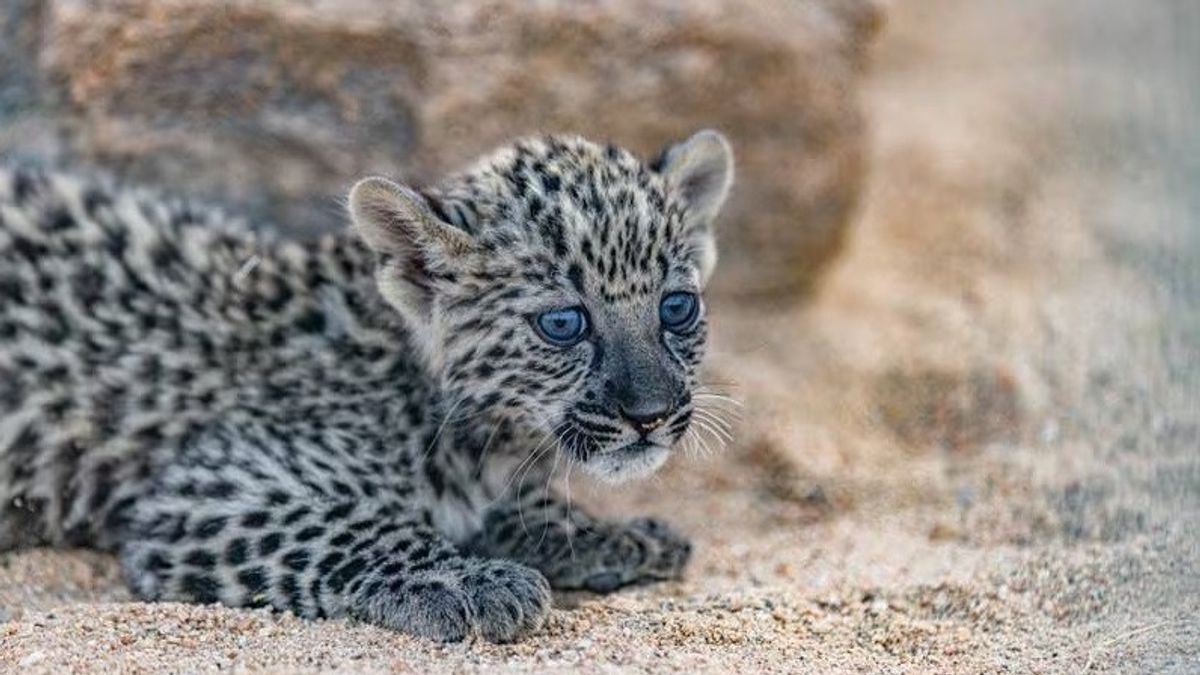JAKARTA - Seven endangered Arabic leopards were born this year in Saudi Arabia, when the number in the wild was less than 200 and threatened by reduced natural habitats and hunting.
All of these births took place at the Conservation Planning Center in Taif, according to the Royal Commission's announcement to Alula.
The birth brings the total number of leopards in the conservation center to 27, almost double the initial number of 14 since the nursery project began in 2020.
"This is another important milestone in our ongoing efforts to preserve this species, by increasing the population every year to achieve our ultimate goal of reintroducing leopards to the wider Alula and Arab wild," said conservation center manager Abdulaziz Alenzy, quoted by The National News December 20.
Arab leopards are considered very endangered. The number is estimated to be less than 200 in the wild between Saudi Arabia, Oman and Yemen. Loss of habitat and poaching are the causes of their deaths.
Earlier this year, the commission set up an endowment fund of US$25 million to promote conservation efforts, as well as sign a $10 million agreement with the American Panthera organization to support the effort.
Of the newborns, five of them grew up by their mothers at the center without additional care from staff, keeping their distance to ensure strong maternal ties, Alenzy said.
While the other two Arab leopard cubs are kept by conservation staff, after they are abandoned by their mother after birth.
Her children will be kept by staff members who will accompany them around the clock, sleep near them and feed them every two hours or so, following strict conservation guidelines.
"It is better if the mother is bound by her child and raises her naturally," explained Alenzy.
"But sometimes, often in mothers who have just given birth, there is a possibility that she leaves her child due to lack of experience. She doesn't know how to feed her child," he continued.
"In the wild, he can let him die. Of course, because the Arab Tutul Tigers are an important subspecies and animals are critically endangered, at our facility, we are making the decision to take action," he said.
SEE ALSO:
He said the team at the conservation center stalked leopard cubs 24 hours a day, 7 days a week through CCTV cameras.
"Children who are cared for with hands are as important as children who are raised by their mothers. However, once raised, they need to be reintroduced with other leopards, which require special training and a lot of patience," he explained.
"After five to six weeks, we put them back in the cage for several hours every day to reintegrate them. We also move them from milk to solid food this could be a difficult process, but this shows how important it is to save these animals."
The English, Chinese, Japanese, Arabic, and French versions are automatically generated by the AI. So there may still be inaccuracies in translating, please always see Indonesian as our main language. (system supported by DigitalSiber.id)


















